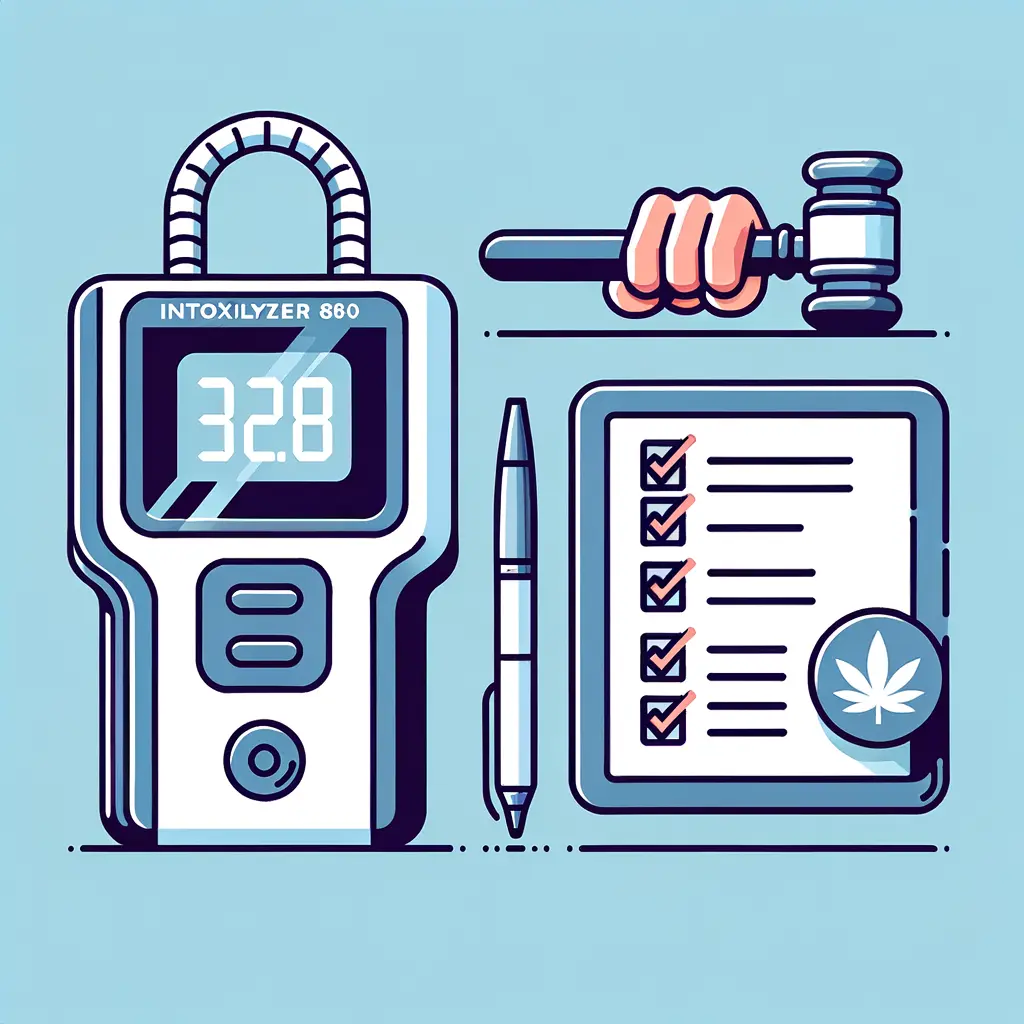Understanding DUI Charges in Texas
DUI charges in Texas can have severe consequences, including fines, license suspension, and even jail time. It's crucial for individuals facing these charges to understand the legal implications and the potential outcomes of their case. A DUI is classified as a serious offense, and the state has strict laws to deter drunk driving.
The penalties for DUI can vary based on factors such as prior convictions, the presence of minors in the vehicle, and blood alcohol concentration (BAC) levels. For instance, first-time offenders may face a minimum fine of $3,000 and up to 180 days in jail, while repeat offenders can encounter much harsher penalties. Understanding these nuances can help individuals prepare for their defense and navigate the legal process effectively.
Common Defenses Against DUI Charges
When facing DUI charges, several defenses may be available to challenge the prosecution's case. Common defenses include questioning the legality of the traffic stop, challenging the accuracy of breathalyzer tests, and demonstrating that the driver was not impaired at the time of arrest. Each defense strategy aims to create reasonable doubt about the prosecution's claims.
For example, if the police did not have probable cause to pull over the driver, any evidence obtained during the stop may be deemed inadmissible in court. Additionally, breathalyzer tests can sometimes yield false positives due to various factors, such as medical conditions or improper calibration. A skilled attorney can assess the specifics of each case to determine the most effective defense strategy.
The Importance of Legal Representation in DUI Cases
Having legal representation during a DUI case is crucial for ensuring that one's rights are protected and that the best possible outcome is achieved. An experienced DUI attorney can provide valuable insights into the legal process, negotiate plea deals, and represent clients in court. They can also help clients understand their rights and the implications of various legal options.
Moreover, legal representation can significantly impact the case outcome. Studies have shown that individuals with legal counsel are more likely to receive reduced sentences or charges compared to those who represent themselves. A knowledgeable attorney can leverage their expertise to challenge evidence, negotiate with prosecutors, and advocate for their clients' interests throughout the legal proceedings.
Understanding the DUI Legal Process in Texas
The DUI legal process in Texas typically begins with an arrest, followed by arraignment, pre-trial motions, and potentially a trial. Each stage of the process presents unique challenges and opportunities for defendants to assert their rights and mount a defense. Understanding this process is essential for navigating the complexities of DUI cases.
After an arrest, individuals will usually have a hearing to determine whether their license will be suspended. Following this, defendants may have the opportunity to negotiate a plea deal or prepare for trial. Familiarity with the legal process can empower defendants to make informed decisions and work effectively with their legal counsel to achieve the best possible outcome.





